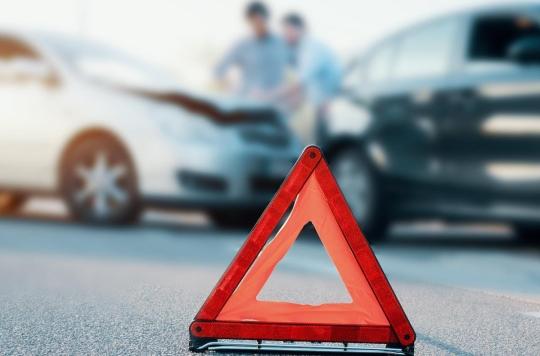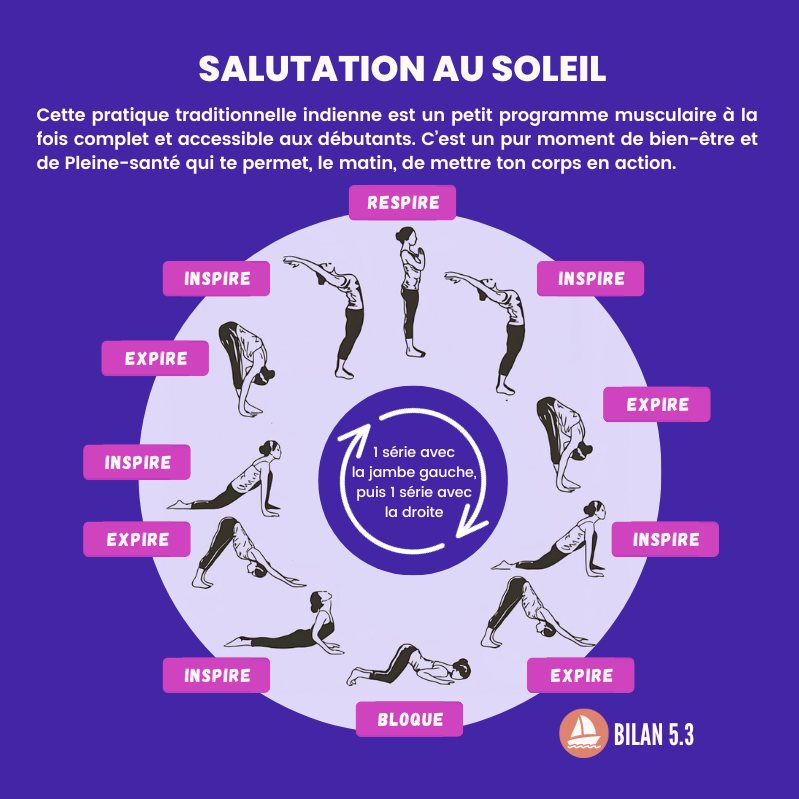79% of motorists who go on vacation get up earlier than usual on the day of departure, and 23% go to bed later the day before. 1 in 3 fatal accidents is due to drowsiness on the motorways.

The great chasing of the holidays between Julyists and Augustians will result in sometimes fatal traffic accidents. The main reason is lack of sleep. of the 4 motorists out of 5 who go on holiday get up earlier than usual on the day of departure, and 1 out of 4 goes to bed later the day before. Worse still, the majority admit to having already driven more than two hours without taking a break, impatient to arrive or aiming for a specific time.
Knowing that the majority of vacationers will travel more than 500 km by car, this debt of sleep added to the monotony of the journey on the motorway, is a perfect cocktail to fall asleep.
1 in 3 fatal accidents
After 24 hours of active standby, a driver has the same behavior as a person with a blood alcohol level of 1 gram. 1 in 3 fatal accidents is due to drowsiness on the motorways, making it the leading cause of fatal accidents on these roads (26%) over the past five years. Every year, 90,000 accidents are due to drowsiness.
“At the first signs of drowsiness, the driver must stop because the risk of having an accident in the following half hour is multiplied by three or four”, estimates Professor Damien Léger, sleep specialist at the Hotel Dieu in Paris. To break the cycle of falling asleep, the only solution is to stop in an area to rest. Opening the window, smoking or turning up the sound of the car radio is ineffective.
The rbiological rhythms
Drowsiness may occur more significantly between 2 a.m. and 5 a.m., and between 1 p.m. and 3 p.m. This is due to the biological rhythms, known as “circadian”, which regulate the alternation of wakefulness and sleep over 24 hours. Can also aggravate drowsiness at the wheel: sleep disorders such as apnea, certain medications, alcohol, drugs, an irregular rhythm of life, an overly large meal, excessive heat or cold in the car and ventilation insufficient of the vehicle.
There are three ways to get sleepy while driving. The first is lack of sleep: it’s night driving, sleep debt. Young subjects are the most exposed, since one driver in two is under 25 years old.
The second category is people who suffer from sleeping sickness, in particular sleep apnea syndrome, which mainly concerns men aged 50.
Finally, the third category is that of people who take drugs that act on the brain, for example sleeping pills, anxiolytics or antidepressants that can cause drowsiness.
















